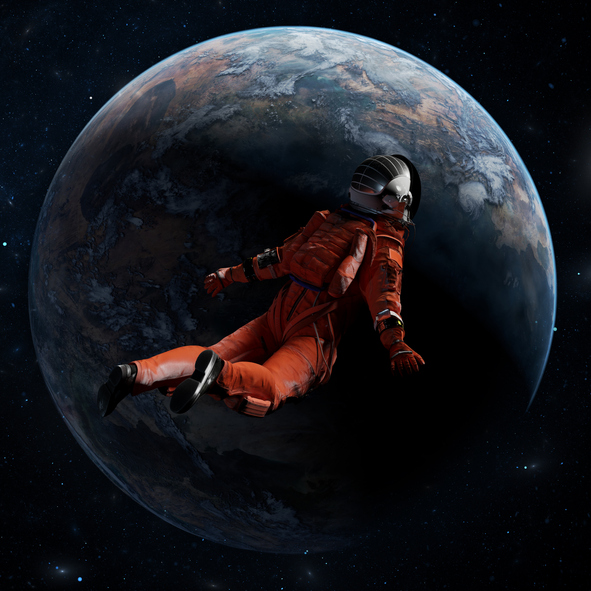
It’s widely known that astronauts living in low-gravity environments for extended periods risk harms such as bone and muscle loss that must be mitigated. But research by Kelly Rice at UF IFAS has identified another potential threat—increased danger due to infection with the bacteria Staphylococcus aureus, or staph.
To learn more, NASA’s Space Biology Program has funded an experiment that involves growing the bacteria in enclosed canisters on the International Space Station to better understand how microgravity affects their disease-spreading properties. Rice’s experiment was launched in early 2024 aboard a SpaceX rocket. “We hope that these results will help guide strategies to maintain astronaut health during long-term space flight missions,” says Rice.
View Related Expert Profiles: Go to Source